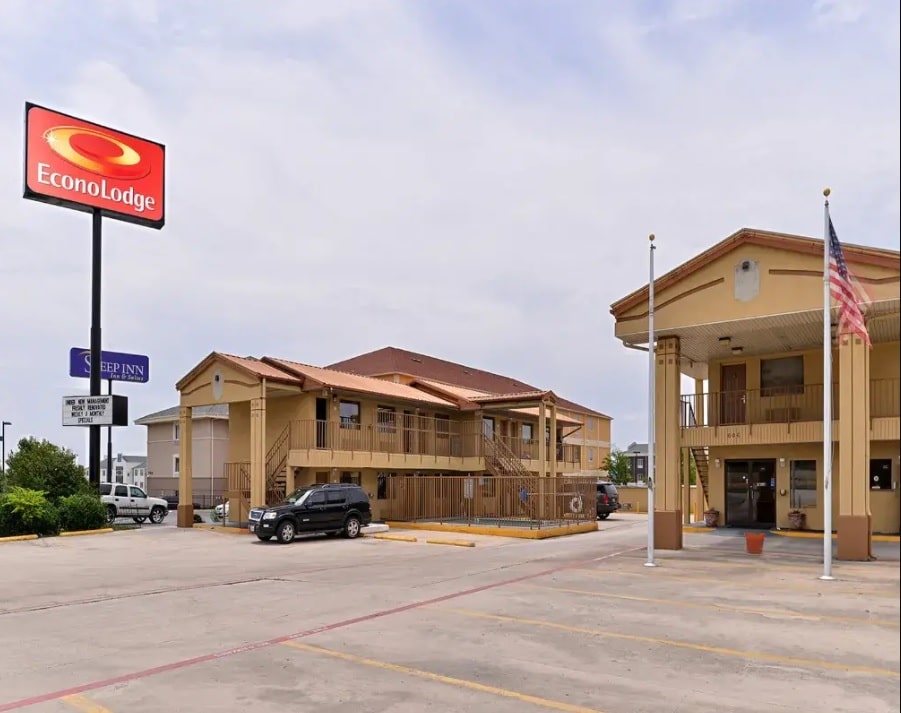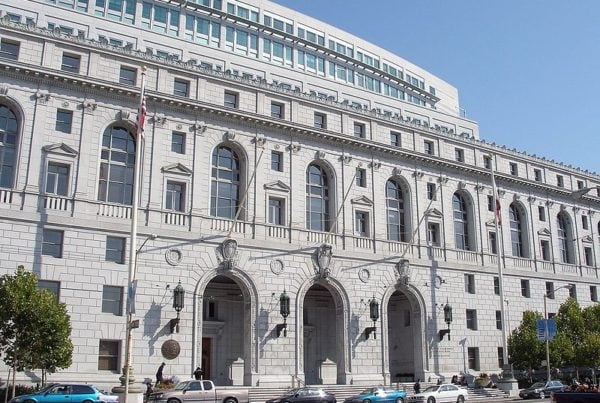Two convicted pimps will lose 16 months of their 18 and 19 year sentences as the Court of Appeal rules they cannot be convicted of both pimping and pandering a 17-year-old girl in San Bernardino in 2018.
The April 18 published opinion established that Penal Code Section 654, which prohibits punishing the same act by different sections of law, applies to the charges of pimping and pandering.
The ruling dismissed Aaron Vaughn’s and Victor Wilkin’s other appellate arguments that San Bernardino County was not the proper venue for some counts, that the court erred by trying their cases together, that evidence from a warrantless entry into Vaughn’s hotel








